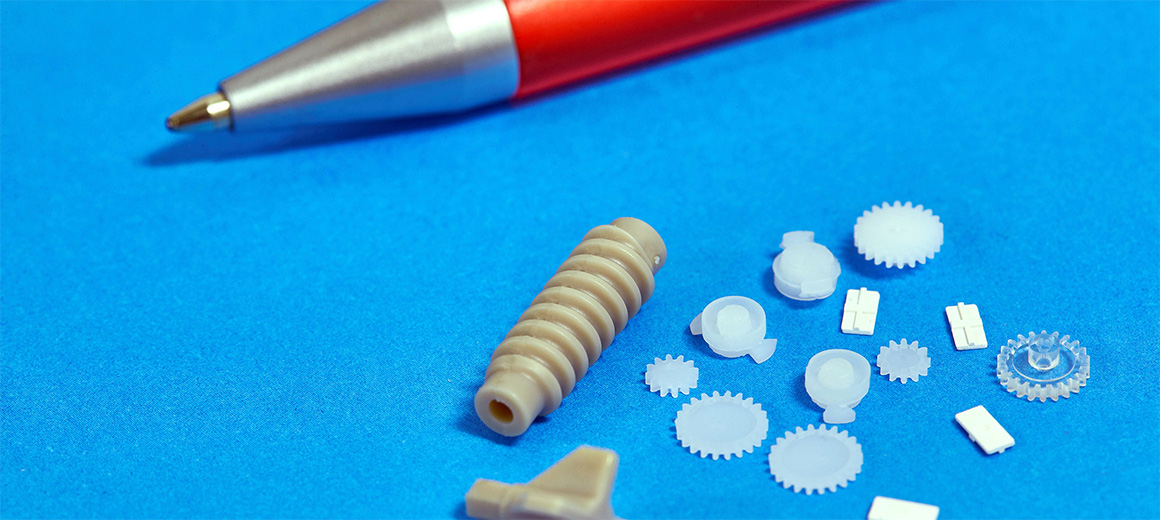
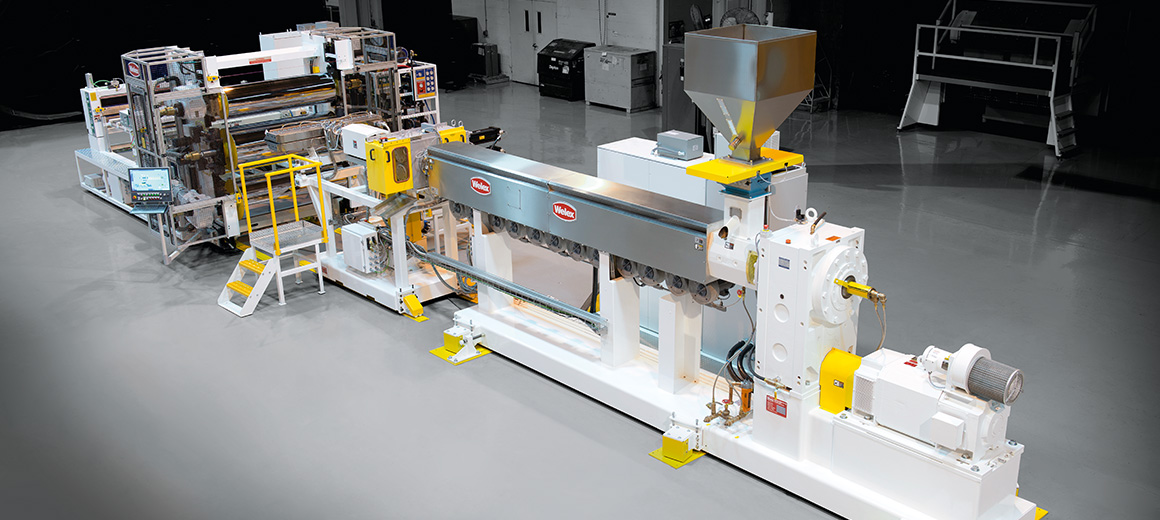
PC-based control becomes the standard for sheet extrusion applications
Graham Engineering, Pennsylvania, USA

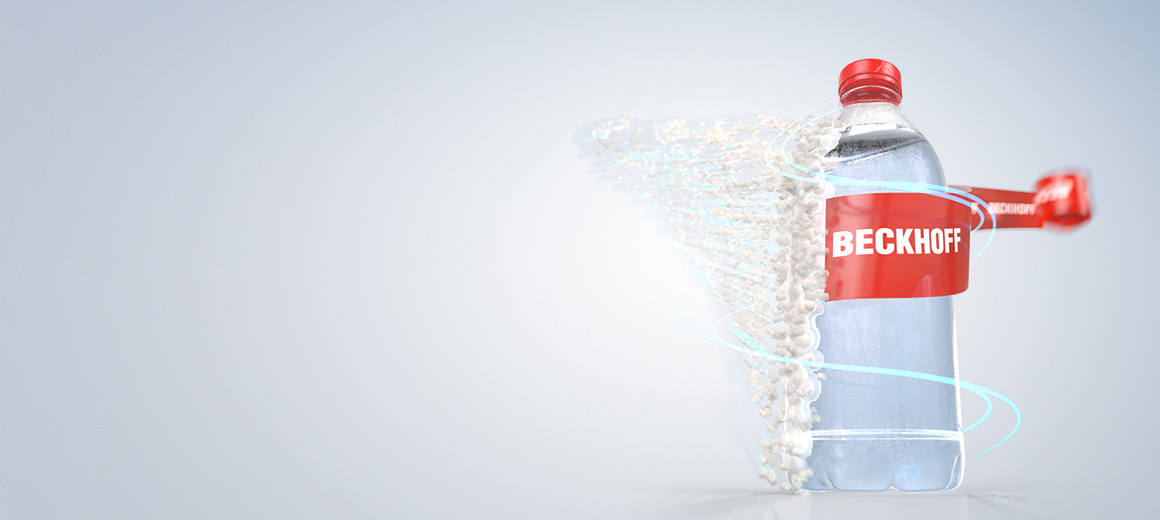


PC-based control becomes the standard for sheet extrusion applications
Graham Engineering, Pennsylvania, USA



Hoofdkantoor Nederland
Beckhoff Automation B.V.


Graham Engineering, Pennsylvania, USA




Graham Engineering, Pennsylvania, USA



It's impossible to imagine the world without plastic products and demand continues to rise. Even the ongoing discussions around resource conservation and sustainability have not initiated a U-turn – plastics processing continues to gain in importance globally. However, demands for the sustainable production of plastics and a circular economy are increasingly becoming drivers of innovative technologies and processes in the industry. The requirements for plastics machines with regard to high product quality and productivity, but at the same time with a reduction in resource consumption, are met in all applications with innovative control technology from Beckhoff: from injection molding and blow molding to extrusion and thermoforming.
Your head start in the plastics industry with Beckhoff:
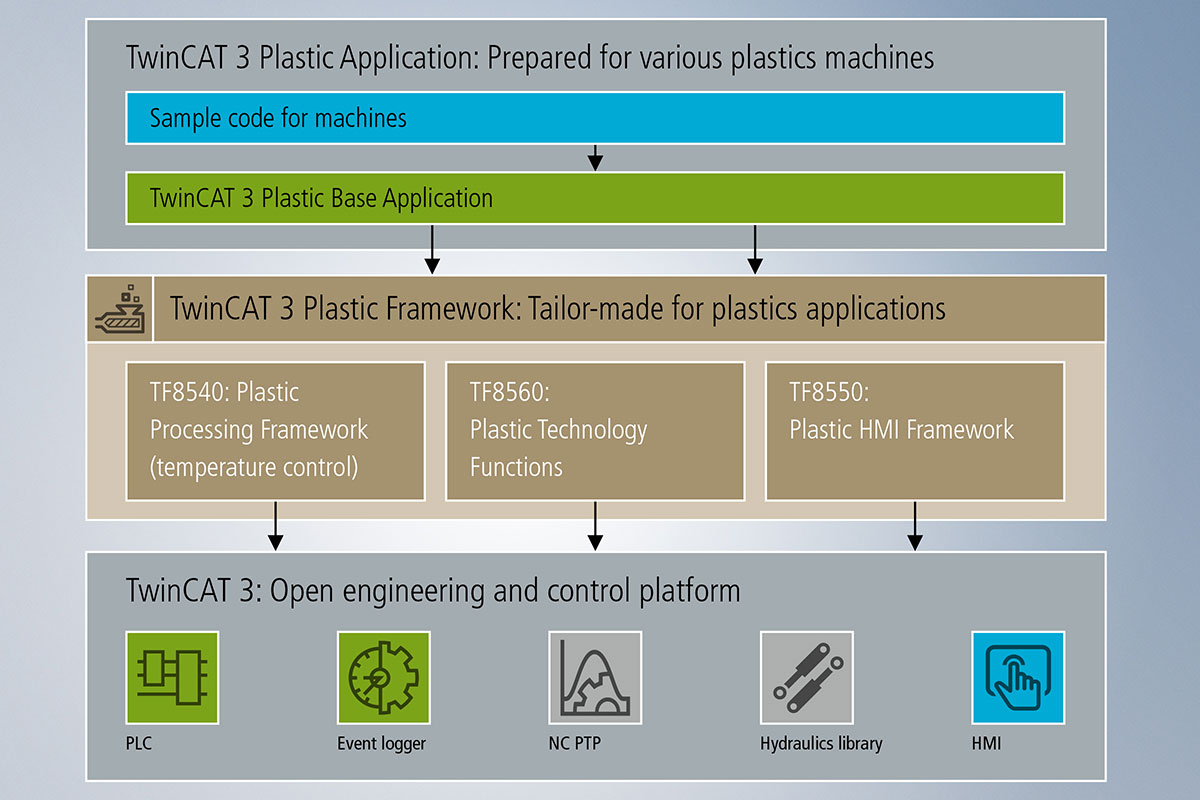
With the TwinCAT 3 Plastic Framework, we offer a modular software solution for controlling plastics machinery that minimizes development work and maintains the open nature of Beckhoff architecture. The TwinCAT 3 Plastic Framework brings together our many years of expertise in plastics, seamlessly integrating important industry-specific functions into the established TwinCAT environment. As a result, plastics machinery can be programmed, visualized, and controlled on a single platform.
The TwinCAT 3 Plastic Framework offers both software packages and application solutions for PLC and HMI which act as a launchpad for developing a specific application solution. The Plastic Processing Framework (TF8540) offers comprehensive software-based temperature control, the Plastic Technology Functions (TF8560) provide motion function blocks, and the Plastic HMI Framework (TF8550) consists of elements and functions that allow a machine to be mapped out visually. All software packages are specifically developed for use on plastics machinery and can be seamlessly integrated into TwinCAT 3. The TwinCAT 3 Plastic Application project, consisting of a PLC and HMI, combines all software packages into the ideal application solution for plastics machinery. Application-specific templates already included in the HMI project, sample code in the PLC project, and the TwinCAT 3 Plastic Base Application library offer free sample integration and facilitate project planning and programming for various plastics applications.
TF8540: Plastic Processing Framework
TF8550: Plastic HMI Framework
TF8560: Plastic Technology Functions
TwinCAT 3 Plastic Application
HMI project:
PLC project:
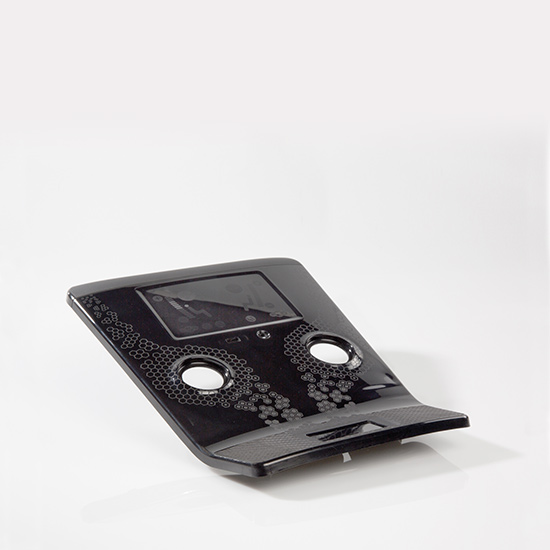
Open automation technology with EtherCAT: ideally suited for injection molding machines
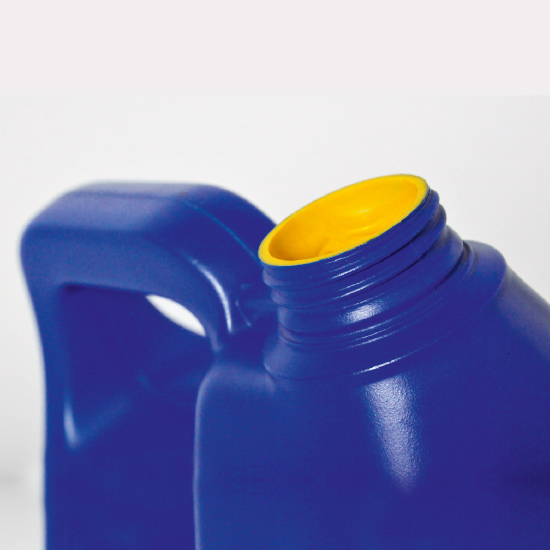
Open automation technology: minimizes the energy consumption of electric blow molding machines
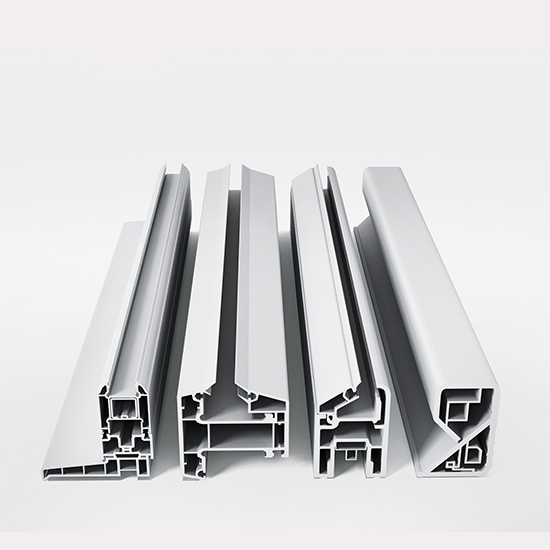
Open automation technology with fieldbus diversity: ideally suited for extrusion lines
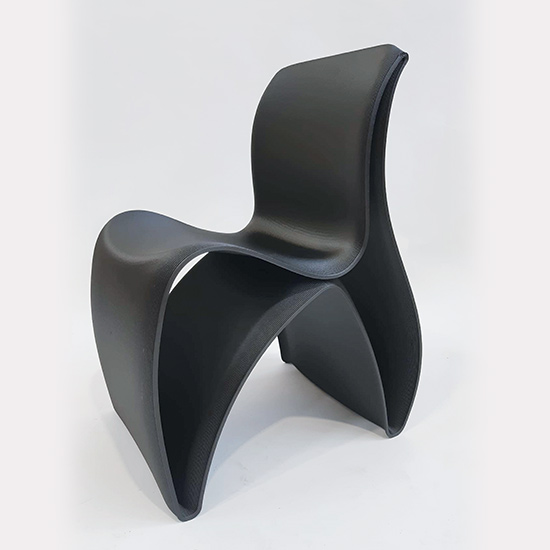
Open automation technology with EtherCAT: perfectly suited to the additive manufacturing of plastic parts
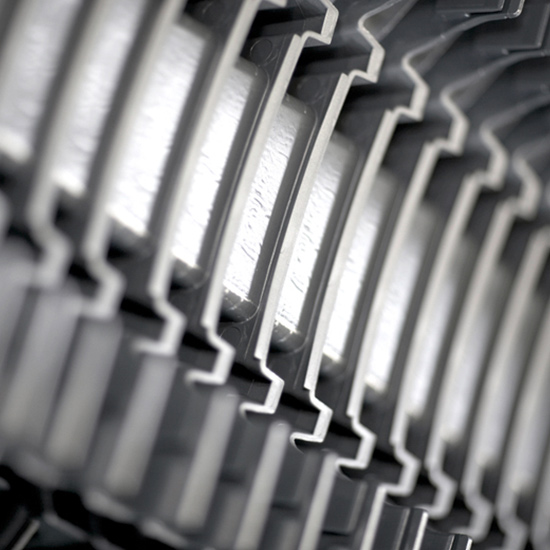
Open automation technology with EtherCAT: perfectly suited to the handling of plastic parts

PC-based control optimizes the post-processing and further processing of plastic parts
The economical use of all resources is important in plastics processing. BBM, a machine builder specializing in blow molding machines based in Langenberg, Germany, therefore attaches great importance to all-electric machines and innovative process control with the TwinCAT 3 Plastic Framework. Automated with PC-based control from Beckhoff, energy consumption is reduced by producing higher quantities combined with an efficient use of materials.
Beckhoff offers plastics machine manufacturers genuine competitive advantages with PC- and EtherCAT-based control technology and the integration of common communication standards, which are standardized according to Euromap and OPC UA.
Yudo EU was founded in Portugal in 2003 and develops hot runner injection systems primarily for the European and American markets. According to Yudo EU, the new Yudrive 2 hot runner solution, developed with Beckhoff as an innovative automation partner and the powerful PC-based control technology, sets new standards in terms of flexibility, precision and efficiency.
Based in Georgetown, Ontario, MHS launched its first M3 micro molding machine with the capacity for eight injection molding cavities. The successful solution used PC-based control technology and EtherCAT, along with other Beckhoff components. When MHS decided to scale up to a 32-cavity system in 2020, they found the Beckhoff platform easily scaled with no component upgrades and maintained their innovative process that preserves the working life of the plastic melt.
In a closed-loop society, waste has long been used as raw material for new products. In fact, it’s a philosophy that Govaerts Recycling has lived by since the 1990s. But recycling is and remains a heterogeneous material flow that can demand the utmost from recycling machines, so it’s better if overloads can be detected quickly – for example, via the current consumption. The company, based in Alken, Belgium, has relied on Beckhoff measurement technology and expertise for years, most notably with the EL9227 electronic overcurrent protection terminals.